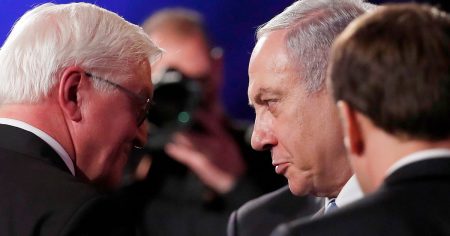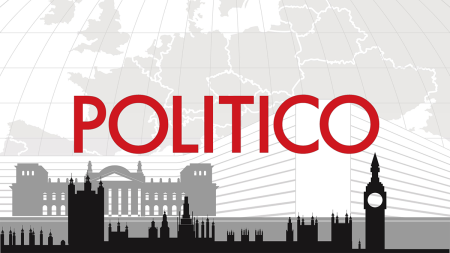Angela Merkel, the former Chancellor of Germany and a prominent leader in European politics, faced notable tensions with U.S. President Donald Trump during his presidency from 2017 to 2021. Merkel’s leadership was marked by her keen ability to navigate complex international relationships, yet her encounters with Trump highlighted a schism between two differing views of global diplomacy and trade. During this challenging period, the transatlantic partnership faced various hurdles, particularly as Trump adopted an aggressive stance toward Europe and questioned NATO commitments. Merkel maintained a firm position against the president, emphasizing her commitment to a cooperative Europe amidst the strains imposed by his administration. Despite these clashes, she asserted that any perceived personal animosity from Trump was unfounded, suggesting that his perspective was not personal but rather political—a reflection of his views on Germany as a nation.
In a revealing interview with an Italian daily, Merkel discussed the ramifications of her relationship with Trump, asserting that his contentious views were directed more towards Germany as a whole than towards her as an individual. By stating that she embodied Germany in Trump’s eyes, Merkel illuminated the complexities of international politics, where the personal and political often intermingle. It was crucial for Merkel to delineate her identity from the broader narrative that Trump constructed, which frequently portrayed European leaders, especially those in Germany, as adversaries within his ‘America First’ agenda. Through this lens, Merkel underscored the importance of strong, multi-lateral cooperation as essential to European stability and growth, even amidst the aggressive rhetoric that characterized Trump’s tenure in office.
In addition to her reflections on Trump, Merkel confronted lingering speculations regarding her influence over the political fate of former Italian Prime Minister Silvio Berlusconi. The narrative that Merkel had a hand in Berlusconi’s political demise during the eurozone crisis of 2011 had persisted in various political discussions in Europe. Merkel categorically denied any involvement, framing her governance style as one that respects the autonomy of neighboring countries, particularly within the European Union. Instead, she commended Berlusconi’s attempts at fostering broader European consensus, acknowledging that their collaboration became progressively challenging amid financial instability. Her remarks reflect a crucial aspect of her political philosophy: the emphasis on solidarity between European nations, especially during times of economic crisis.
The backdrop of these political tensions also involved the broader context of the eurozone crisis, which presented significant challenges to European unity. During the crisis, Merkel emerged as a central figure advocating for austerity measures and fiscal discipline, often clashing with southern European nations that viewed these policies as excessively harsh. Critics accused her of enforcing strict economic policies that undermined growth and exacerbated social upheaval in countries like Greece and Italy. Merkel’s insistence on maintaining a unified European bloc despite these strains showcased her dedication to preserving the EU as an essential political and economic construct, even while fostering difficult discussions about sovereignty and economic responsibility among member states.
As Merkel navigated the intricacies of leadership during one of Europe’s most turbulent periods, she maintained an outspoken commitment to multilateralism, reinforcing her belief in the importance of diplomacy over isolationist policies. The adversarial relationship with the Trump administration served as a critical moment for the EU to reevaluate its position on the global stage, prompting discussions about reliance on U.S. leadership and the necessity for European nations to assert their independence and priorities. Merkel’s call for common European solutions demonstrated her recognition that the future of the EU lay in collaboration and compromise, pushing against the rising tide of nationalism that threatened to fracture long-standing alliances.
Ultimately, Merkel’s legacy is shaped by her ability to navigate these tumultuous international waters while remaining steadfast in her beliefs about unity and cooperative governance. Her leadership showcased the importance of resilience and adaptability in the face of rapidly changing political landscapes and highlighted the necessity for dialogue, even amid disagreements. Merkel’s tenure thus reflects a significant era in both European and global politics, illustrating the crucial interactions between national leadership and multinational cooperation, a dynamic that will continue to inform the challenges and opportunities facing emerging leaders in today’s complex world.














